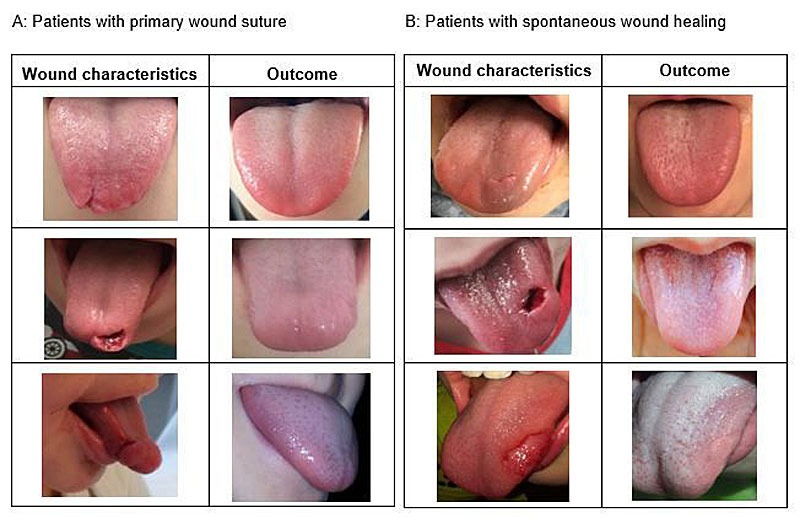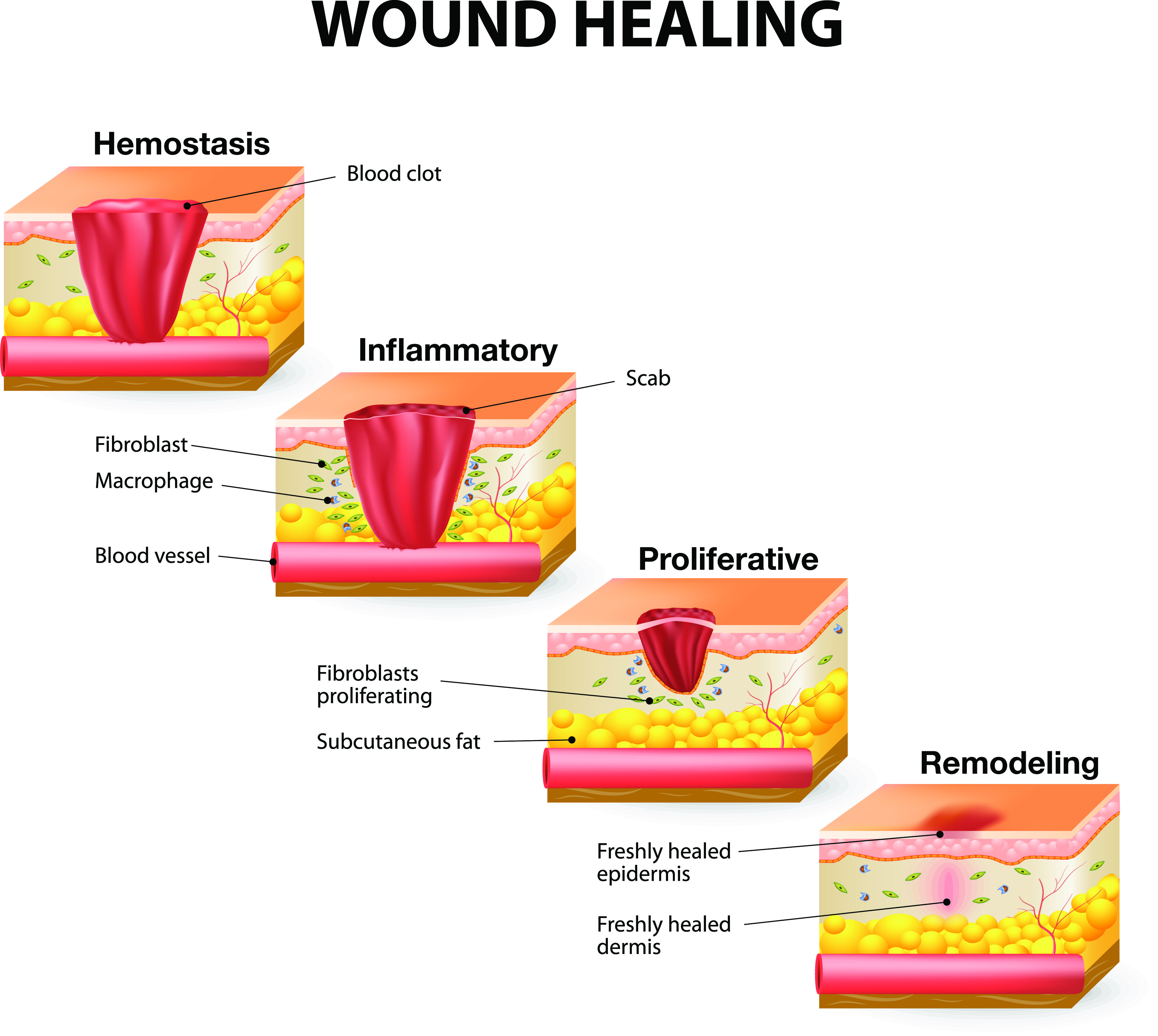Casual Tips About How To Heal Lacerations

For all skin lacerations, the goal is to provide a suture that minimizes the risk of excess inflammation or infection and maintains its tensile strength during the initial.
How to heal lacerations. If washed or soaked, the adhesive may peel off before the wound is healed. Discharge español overview symptoms diagnosis treatment what is a laceration? Apply an antibiotic ointment to reduce the chance of.
Treatment treatment involves stopping the bleeding, cleaning and dressing the wound. How to treat your cut at home. To treat the laceration before you see the doctor:
A laceration is an injury to the skin and the soft tissue underneath it. Obtain medical attention if the bleeding is heavy or does not stop soon. Keeping the wound elevated will reduce swelling and may relieve discomfort.
Be gentle and avoid excessive exposure to water. Use gauze, a clean cloth, plastic bags, or, as a last resort,. Care of lacerations enables prompt healing minimizes risk of infection optimizes cosmetic results read more :
Lacerations of the fingers, hands, and forearms can be repaired by a family physician if deep tissue injury is not suspected. Laceration repair techniques. Stop the bleeding apply direct pressure on the area.
Deeper cuts may need stitches to stop bleeding and reduce scarring. The first step to treat laceration is to stop the bleeding with pressure and gauze or bandage. Thoroughly cleaning the wound is critical to the treatment process.
Apply direct pressure to the wound. Take proper care of your wound to help reduce scarring. Clean and protect clean the area with warm water and gentle soap.
First aid press firmly on the wound to stop the bleeding. One of the biggest concerns when it comes to lacerations is the risk of infection. Lacerations can hurt a lot.
Putting an ice pack on it may help. Assess for additional injuries, paying special attention to areas not immediately visible, such as the axillas, scalp, and back. Document the wound's history, location, size, degree of.
Apply antibiotic ointment if desired, then leave uncovered or cover with a sterile bandage. It is important that people closely monitor tongue lacerations while they heal. Call your provider if you have questions or concerns about how to care.


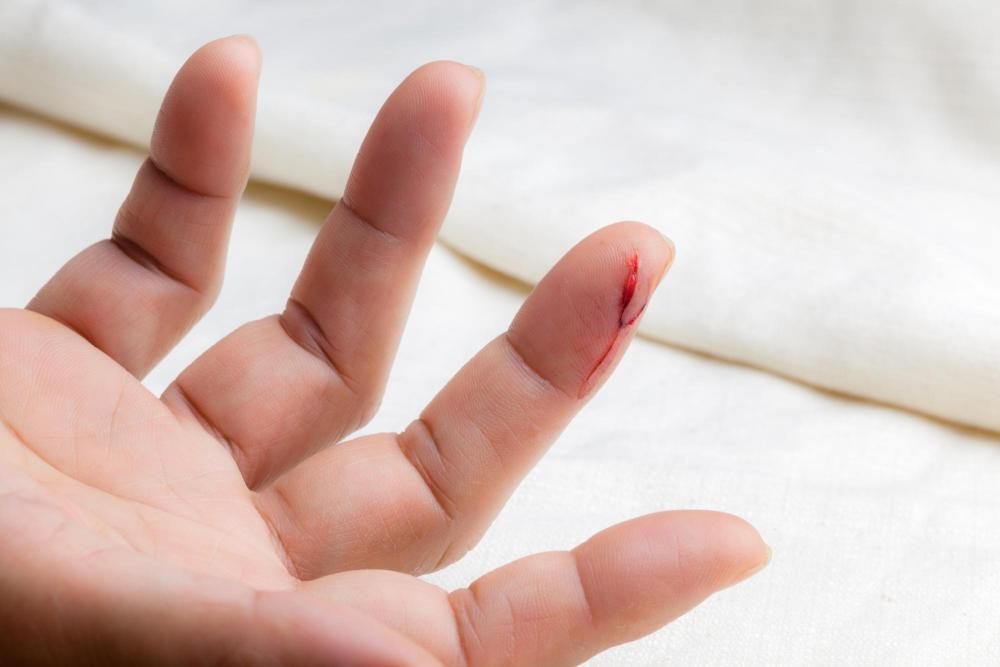



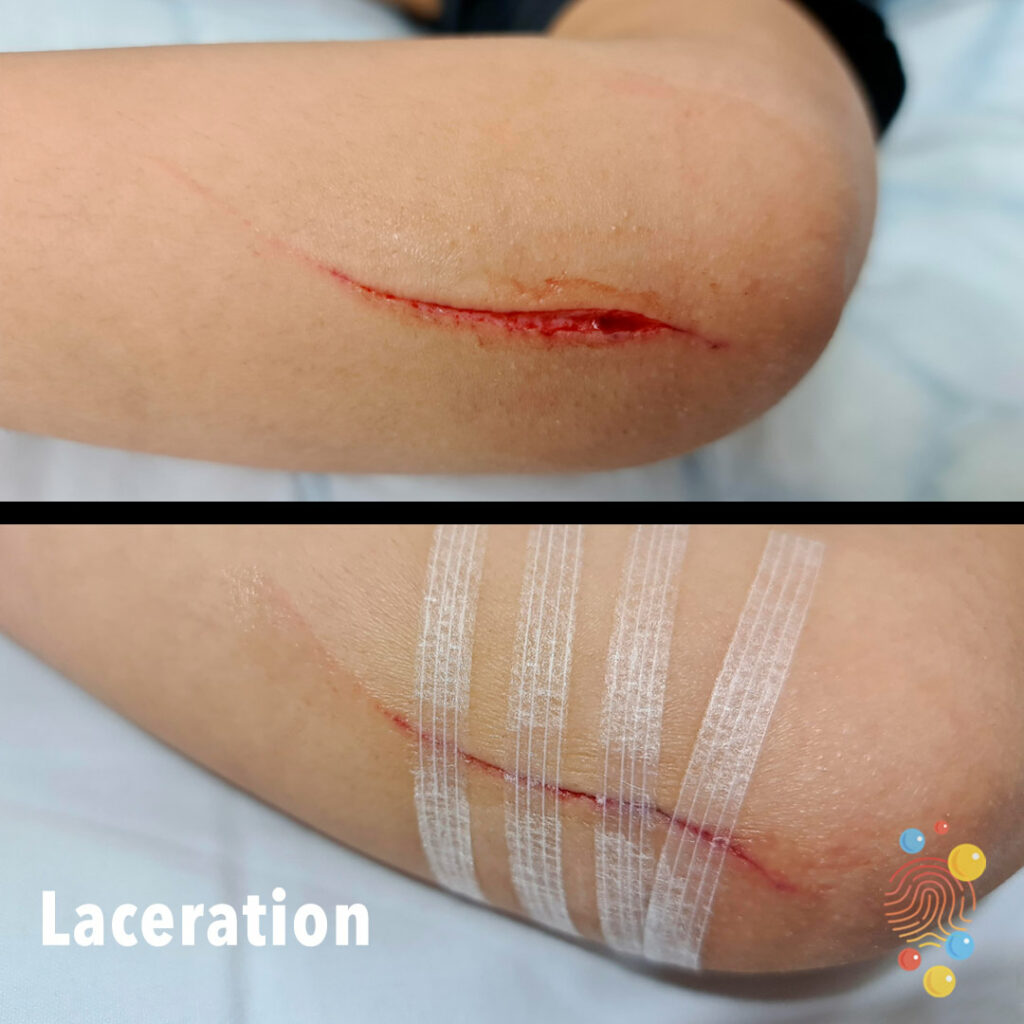
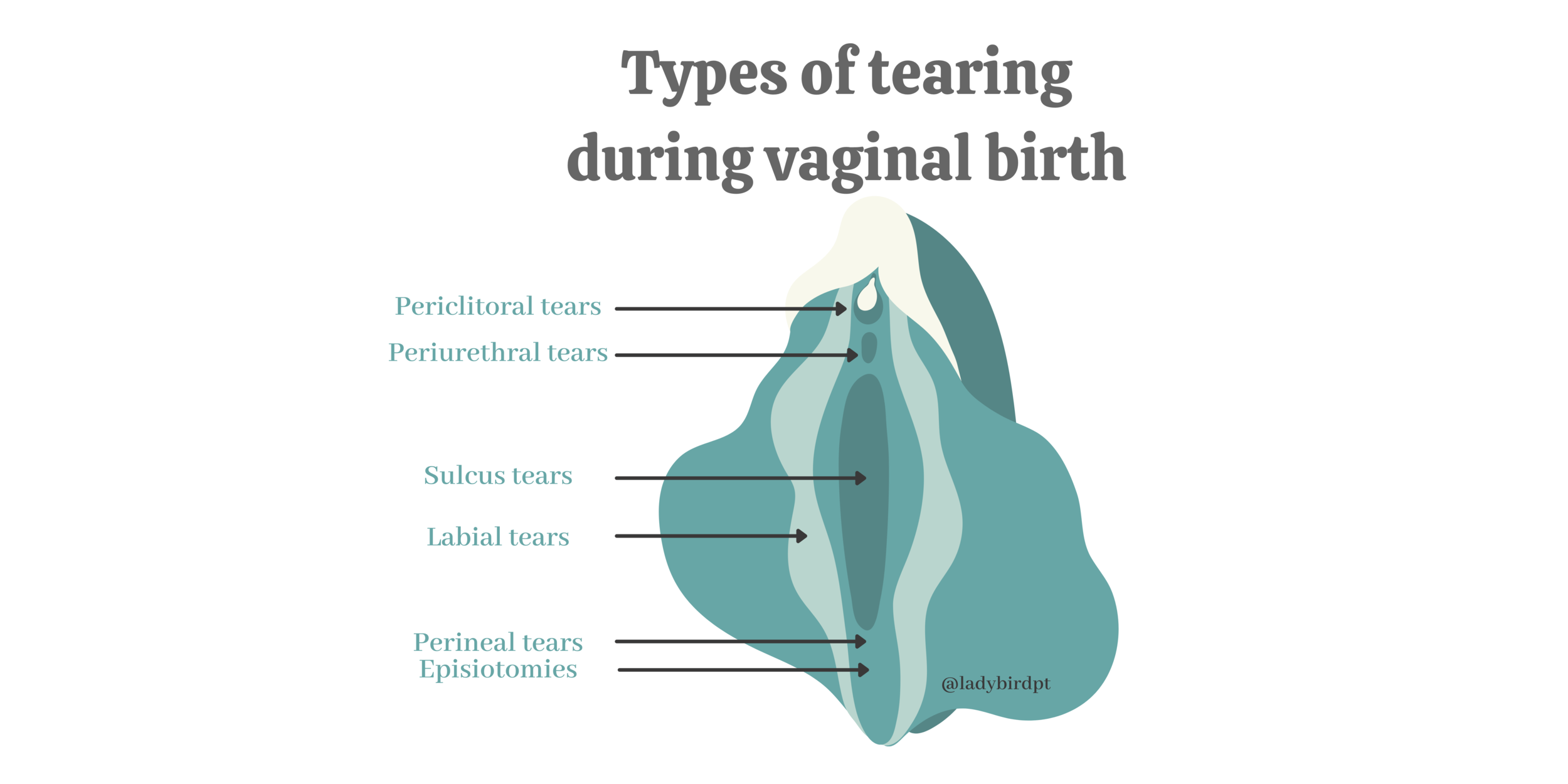



_sutures.png/600px-Running_(continuous)_sutures.png)


